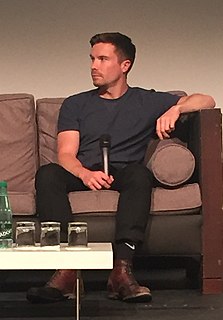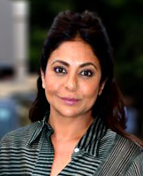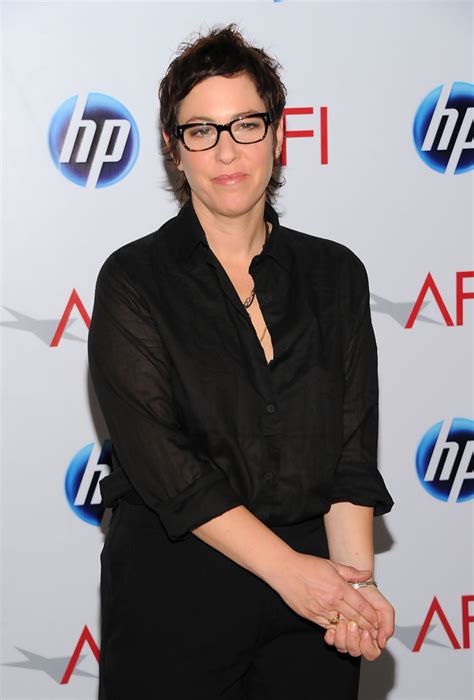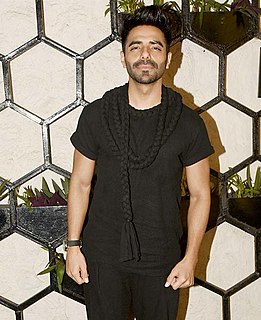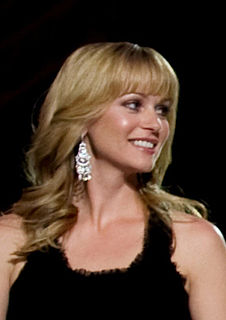A Quote by Hilary Duff
I think every actor is looking for a challenge, and to play something different, and to be a part of a project with other great actors.
Related Quotes
Performing as a musician is a lot different than performing as an actor. As an actor, you can hide behind the character in the play, and there's a director and other actors. When you're a musician, you're right there. It's sort of like being a comedian. You're giving the audience in real time something authentic from yourself. As an actor, my bullshit meter was going off like crazy at my first attempts to find my own rock star.
It's got to be a challenge but at the same time you have to feel as though you can play them - it's really dangerous to want to be a part of something just because you think it's going to be great. I've been sent plenty of scripts where I've known that it's going to be a great film and a successful one, but I just couldn't convince myself that I was the right person for the part. So, I think you have to be careful with that.
You can say something that can really help and actor and you can say something that can really get in the way of an actor's performance, kind of cut them off from their instincts and really get into their heads. And every actor's different. Every actor requires something different. Being an actor, for me, was the greatest training to be a writer and director.
The biggest challenge for me, as an actor, is to be informed, prepared and focused, at the same time. I had to just keep on working, prepping, reading and imagining, all the way through, but the biggest challenge is always to let go of all that and just be open to others. That's what we do, as actor. We play with each other and we stimulate each other, and we have to be prepared to be stimulated by the other. That's always my big challenge.
I think, as an actor, and particularly if you are playing the lead in something, you have to view yourself as the head of department for the cast. All of the other departments are accountable and have somebody at the helm who is leading them all the time, and I don't think that the actors should be any different.
One of the good thing about theater in the states, is that the playwright we do have a say, especially in the beginning, when the play is being discussed around the table. We talk about the play, and the actors listen, and there have been cases, you disagree on something... I mean, actors don't usually tell you what they're going to do, they do it. Of course, you try to speak with the director and say, "Is there any way you can bring this actor to do something different?" You try as much as you can, but then, you also have to be open to interpretation.


